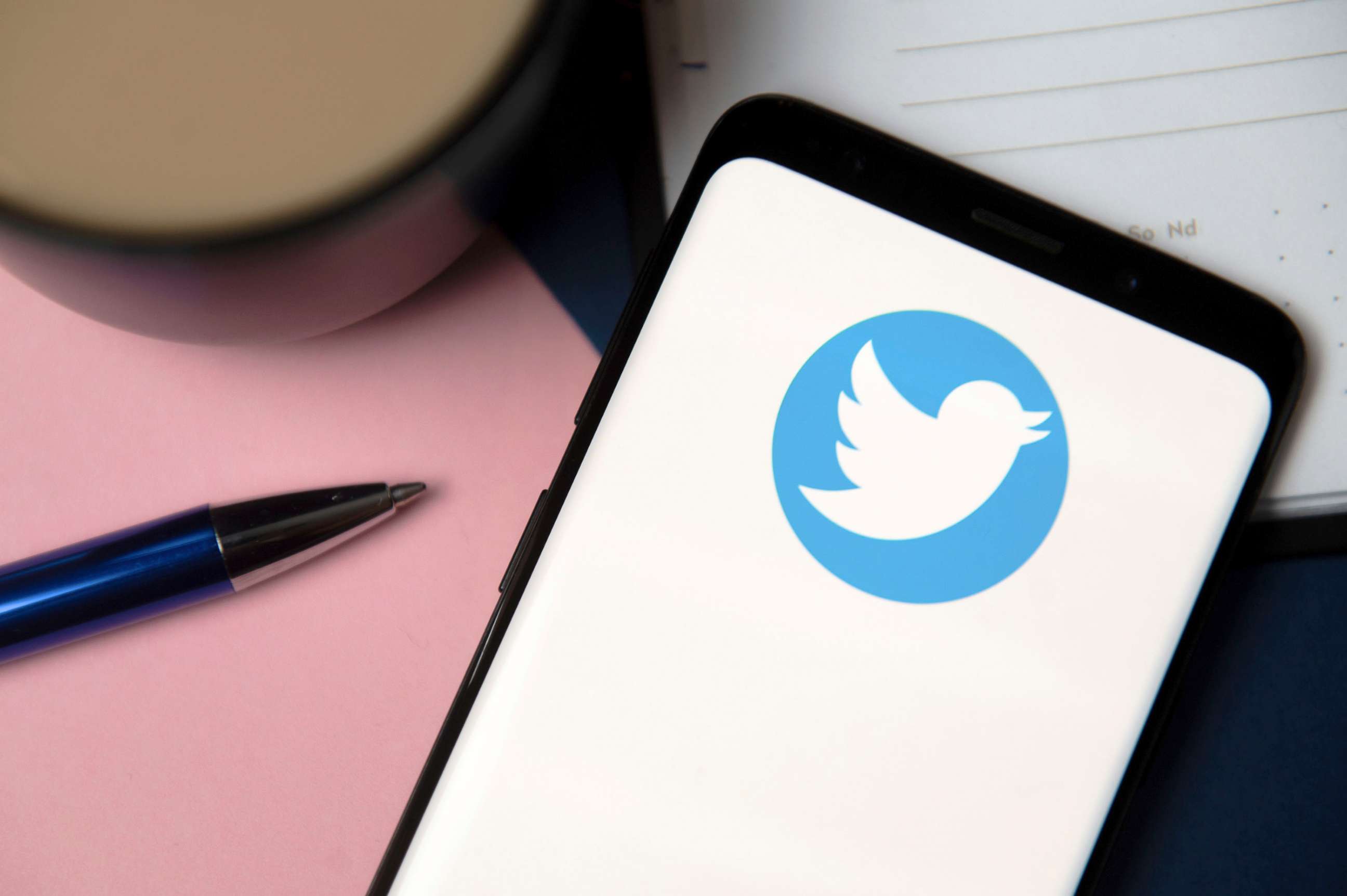Twitter unveils new efforts to stem election misinformation
The company also will not let a candidate claim victory before it is called.
Twitter unveiled a slew of updates -- including efforts to slow retweets with misleading information from going viral -- in an attempt to curb the spread of misinformation on the platform ahead of Election Day.
The social media giant also made clear in a blog post announcing the new changes on Friday that it would not allow any people on Twitter, including candidates for office, to claim an election win before it was "authoritatively called."
"To determine the results of an election in the U.S., we require either an announcement from state election officials, or a public projection from at least two authoritative, national news outlets that make independent election calls," the company's legal, policy, trust and safety lead Vijaya Gadde and product lead Kayvon Beykpour wrote. "Tweets which include premature claims will be labeled and direct people to our official US election page."
Gadde and Beykpour added that tweets meant to "incite interference with the election process or with the implementation of election results" will be subject to removal, and this includes content related to congressional races as well as the presidential vote.
Significantly, users will not be able to retweet or reply to tweets "with a misleading information label from U.S. political figures (including candidates and campaign accounts), U.S.-based accounts with more than 100,000 followers, or that obtain significant engagement." Users will, however, be able to quote-tweet the messages, although they will have to click through a warning in order to see these labeled tweets in the first place.

Moreover, the company said that beginning Oct. 20 through "at least the end of Election week," it will make overall changes to attempt to slow the roll of retweets. Gadde and Beykpour wrote that the company "will encourage people to add their own commentary prior to amplifying content by prompting them to Quote Tweet instead of Retweet."
"Though this adds some extra friction for those who simply want to Retweet, we hope it will encourage everyone to not only consider why they are amplifying a Tweet, but also increase the likelihood that people add their own thoughts, reactions and perspectives to the conversation," the pair added.
Additionally when it comes to slowing misinformation spread by retweets, starting next week, when a user tries to retweet a message labeled to have violated Twitter's "policies against misleading information about civic integrity, COVID-19, and synthetic and manipulated media," a prompt will show up "pointing them to credible information about the topic before they are able to amplify" the original misleading tweet.
Twitter will also prevent "liked by" and "followed by" recommendations from people users don't follow from showing up in their timeline and won't send notifications for these tweets.
"This will likely slow down how quickly Tweets from accounts and topics you don't follow can reach you, which we believe is a worthwhile sacrifice to encourage more thoughtful and explicit amplification," Gadde and Beykpour said.
Lastly, the social media giant said it will only surface Trends in the "For You" tab that include "additional context," meaning a summary description will appear by the tweets or articles that explains why it is trending.
This announcement comes after Facebook this week announced its own slate of rules -- these to prevent voter intimidation. Posts that use militarized language, such as "army" or "battle," will be removed as part of a new policy to prevent voter intimidation.




